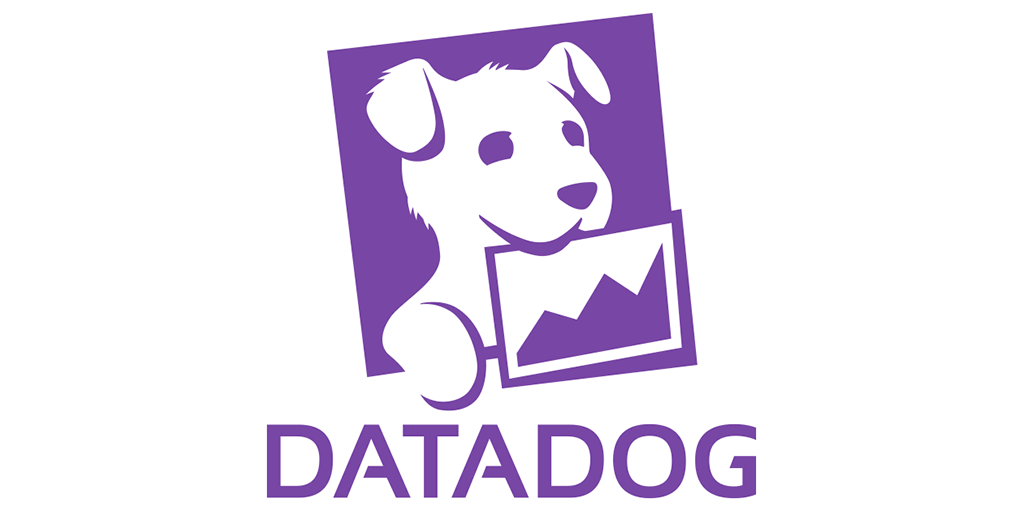Episode 102. Oh my... Spring Boot 3 is out! An interview with Dan Vega from the Pivotal Team!

Ok, so it's an incredible time to be in the Java Ecosystem, and one of the biggest frameworks out there just dropped their three-point-oh version! That's right! So Spring Boot is not officially 3.0, and it has as a Baseline Java 17! (oohh!!). So we brought in the big guns to talk about what does it mean to Upgrade to Spring Boot 3, and what are the new cool toys we can expect from that upgrade!
In all, an amazing interview full of great things that are available NOW (so whatcha waiting for! Upgrade!)
http://www.javapubhouse.com/datadog
We thank DataDogHQ for sponsoring this podcast episode
Don't forget to SUBSCRIBE to our cool NewsCast OffHeap!
http://www.javaoffheap.com/
- Dan Vega's own What's new in Spring Boot 3 (https://www.danvega.dev/newsletter/whats-new-spring-boot-3/)
- Official Spring Framework 6 Wiki (https://github.com/spring-projects/spring-framework/wiki/What's-New-in-Spring-Framework-6.x)
- Spring Boot 3, and Spring Framework 6, What's new? (https://www.baeldung.com/spring-boot-3-spring-6-new)
- Spring Boot 3 goes GA (https://spring.io/blog/2022/11/24/spring-boot-3-0-goes-ga)
- Preparing for Spring Boot 3 (https://spring.io/blog/2022/05/24/preparing-for-spring-boot-3-0)
-
Do you like the episodes? Want more? Help us out! Buy us a beer!
https://www.javapubhouse.com/beer
And Follow us!
https://www.twitter.com/javapubhouse


